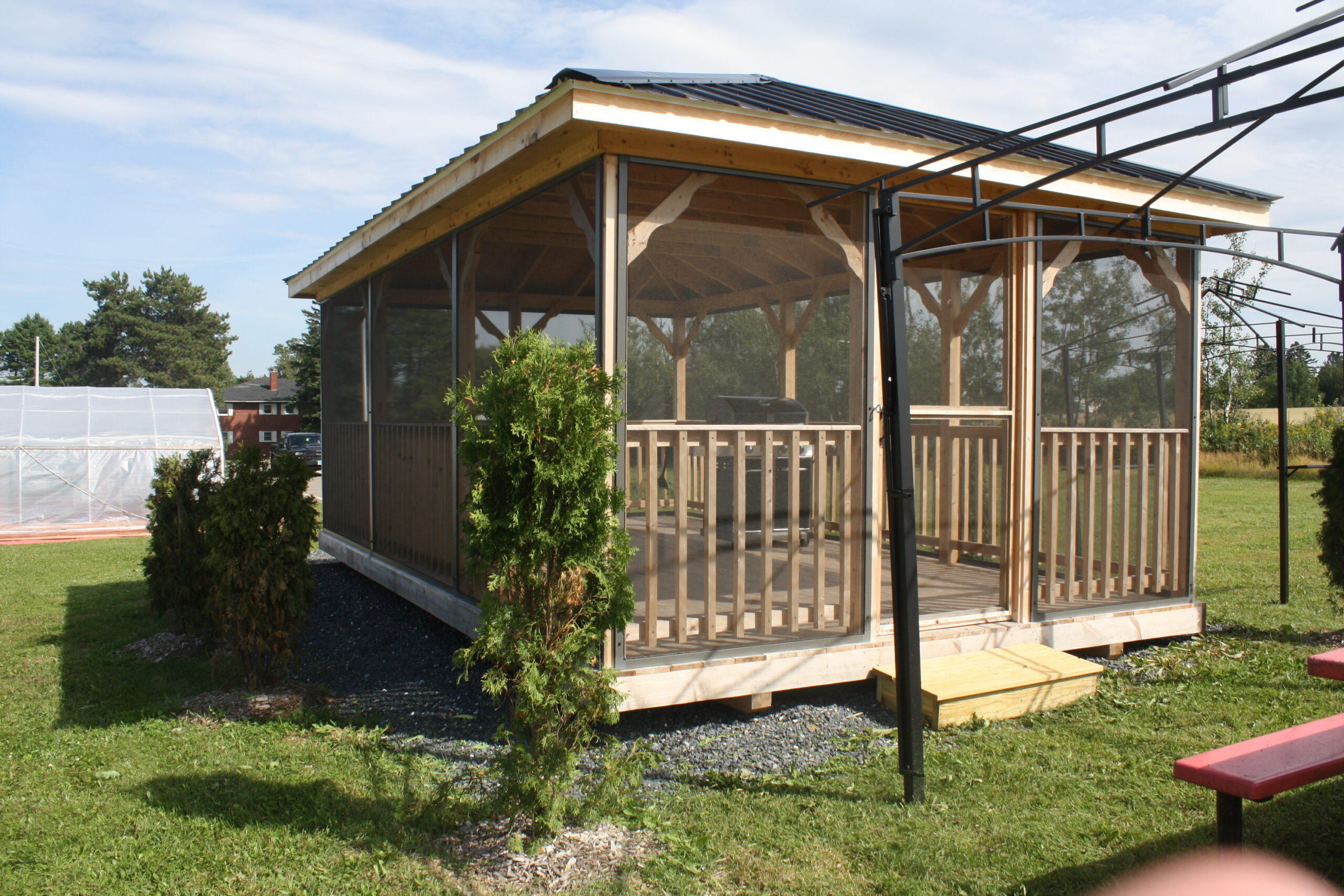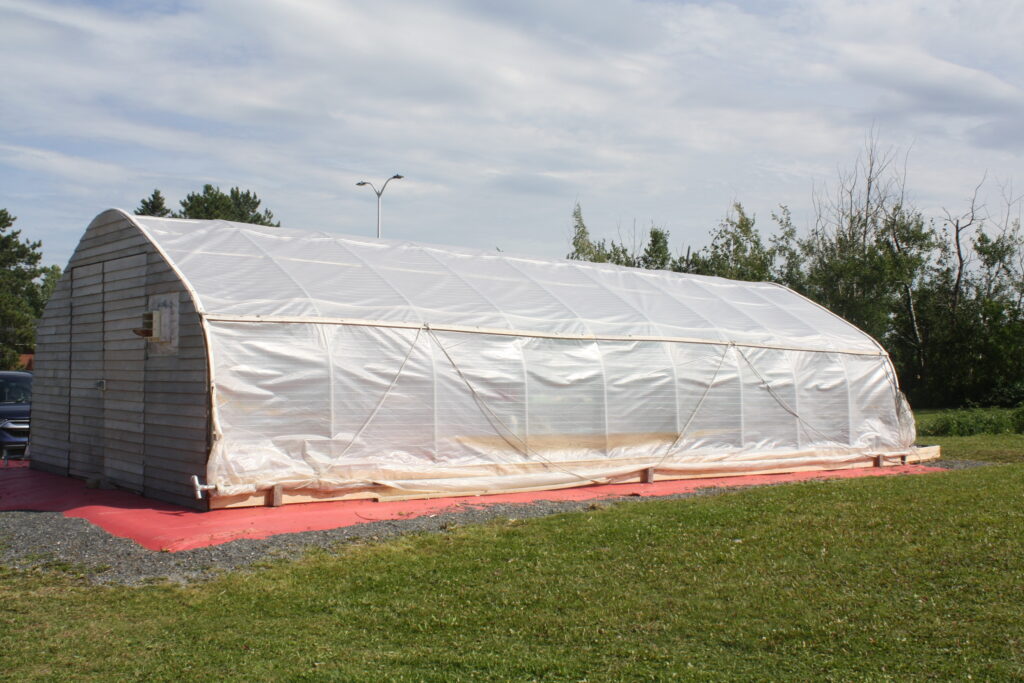
LIMESTONE, Maine — After seeing great success with outdoor learning last year, two of Limestone Community School’s newest teachers are ready to take students’ experiences to the next level.
Recently, the Limestone school signed a contract with the Maine Department of Education that will provide funds of $250,000 to launch a pilot outdoor learning program during the 2022-23 school year. Once the program begins, middle school teachers Caroline Reed and Hogan Marquis hope to expand what they see as the educational, social and emotional benefits of outdoor learning to all students.
Reed and Marquis, who both began teaching in Limestone last year, noticed many of their students struggling to move beyond pandemic-related isolation and connect math and science concepts to the real world.
So, with a shoestring budget and a few small grants, they took their students on unique outdoor adventures like ice fishing and camping and helped them produce their own maple syrup and make Christmas wreaths.
It did not take long for Reed and Marquis to see a huge difference in students’ motivation and enthusiasm for learning.
“It’s physically and mentally energizing for them [to be outside],” said Reed, who teaches fifth- and sixth-grade science and math. “We had some fifth-graders who went ice fishing before, and they were showing the older kids what to do.”
In a short time, Reed’s and Marquis’ students began performing better at classroom work and looked forward to their next outdoor adventures.

With the DOE funding, Limestone Community School will purchase equipment and materials to make the teachers’ visions a reality. Their list of goals include establishing a school farm and farm stand that could sell food that middle school students plant. They also plan to utilize the new LCS greenhouse and outdoor classroom that have been built with ARPA funds.
Marquis said that he sees the outdoor program as an opportunity for students to better appreciate Aroostook’s natural landscape and perhaps get involved in local agriculture.
“When school stops being this academic exercise and starts being about real things, that’s when students really learn,” Marquis said. “We’re in northern Maine; these kids should be digging in the dirt and planting potatoes.”
Though the DOE funding will last one year, Reed and Marquis plan to purchase most materials and equipment and get the program started during that time. Afterward, they hope to continue building the outdoor experiences as something that all grades and future students can take part in.
The teachers’ innovation, noted Principal Ben Lothrop, will benefit students in ways that go beyond the subjects they’re learning.
“There’s no doubt in my mind that students’ motivation and attendance improved because of the work Caroline and Hogan did,” Lothrop said. “There will probably be kids benefiting [from the outdoor program] after I retire, and that’s what I really want to see.”







